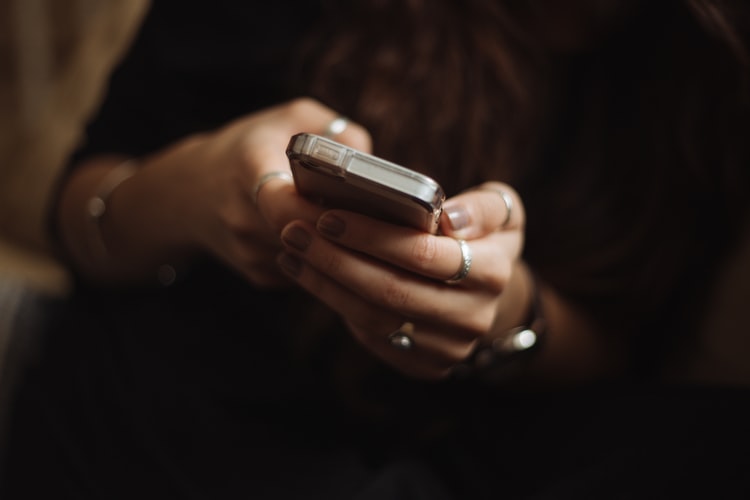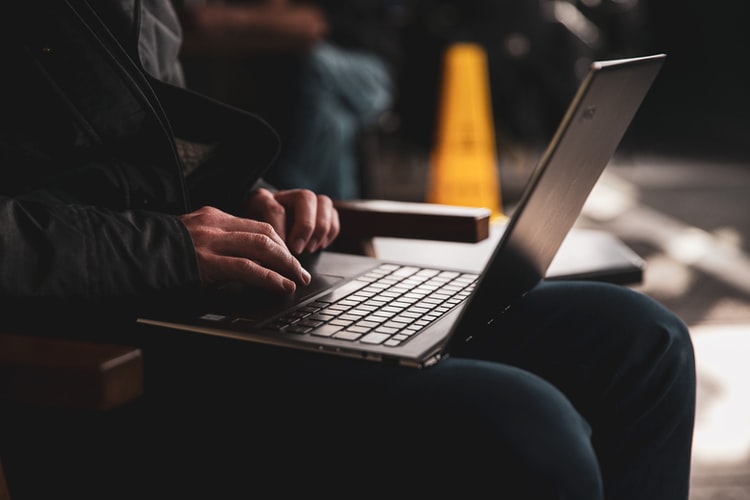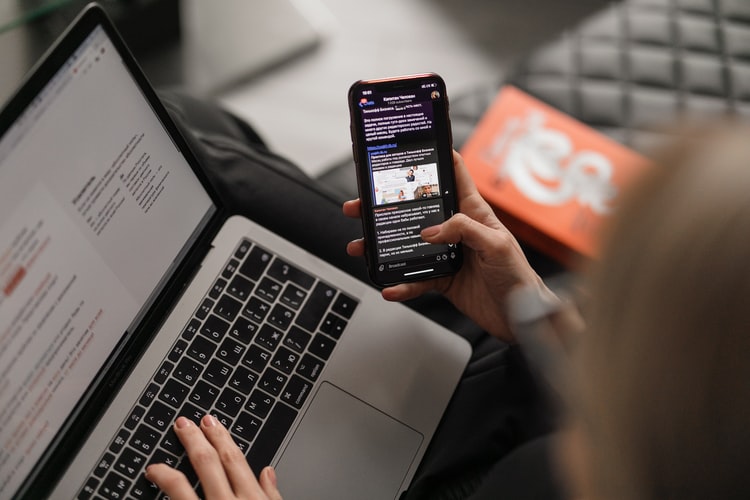The Oxford English Dictionary actually named “Doomscrolling” a word of the year in 2020.
Doomscrolling, or endlessly looking for bad news feels strangely gratifying to many. But is it healthy?

The following written content from Jessica Klein
Since the beginning of the pandemic, Emily Bernstein, 29, has been scrolling and scrolling and scrolling. As a Los Angeles-based comedy writer, Bernstein needs to read through Twitter and news sites for material. But it’s not just her job that keeps her reading: it’s the compulsion of ‘doomscrolling’ – trawling through feeds without pause, no matter how bad the news is or how many trolls’ comments she reads.
“I found myself in bed at night scrolling news sites and knowing this is not healthy for me… so why am I doing this?” says Bernstein.
It’s a question many doomscrollers have been asking themselves. There are multiple reasons why the urge to read may be so strong: the feeling of safety in knowledge, especially during difficult times; the design of social-media platforms that constantly refresh and boost the loudest voices; and, of course, the human fascination aspect. “It’s like not being able to look away when you see a car accident,” says Bernstein.
Beyond knowing intuitively that doomscrolling makes us feel awful, studies conducted during the pandemic have corroborated this, linking both anxiety and depression to the consumption of Covid-19 related media and increased time spent on smartphones. So, why do we keep endlessly scrolling – and why can the practice feel oddly soothing? And could there actually be surprising upsides to keeping our eyes locked on our feeds?
The ‘pleasure’ of doomscrolling
Most of us spent some portion of 2020 doomscrolling – so much so that the Oxford English Dictionary named it a word of the year, and even added it to the dictionary.
But doomscrolling isn’t really a new human behaviour. Though the term seems to have entered the public lexicon in early 2020 around the start of Covid-19-related lockdowns, the public has long held the can’t-look-away-from-a-car-crash mentality Bernstein mentions when it comes to consuming news.
“The precursor to going online was that people would watch the 11 o’clock news, [which] was terrifying,” says Dean McKay, a Fordham University psychology professor who specialises in compulsive behaviour and anxiety disorders. That terror, when witnessed from the comfort of the viewer’s home, however, had a potentially calming effect. McKay describes the attitude as people acknowledging “things are pretty horrible, [but] I’m comfortable, so I’m going to be able to sleep well tonight knowing that [I can feel good about] my station in life”.

McKay suggests doomscrolling could be a “modern equivalent”. But, unlike the 2300 news, it doesn’t stop at a fixed hour. During the uniquely uncertain and scary times of 2020, it’s no surprise that people like Bernstein scrolled well into the night. They needed information – at first because little was available about the virus, and then because they got sucked into the never-ending news cycle about it.
As Pamela Rutledge, director of the California-based Media Psychology Research Center, puts it, doomscrolling “really just describes the compulsive need to try and get answers when we’re afraid”. After all, we do have to assess whether new information constitutes a threat. “We are biologically driven to attend to that,” says Rutledge.
Doomscrolling really just describes the compulsive need to try and get answers when we’re afraid – Pamela Rutledge
“Unfortunately, journalism to some degree plays to that tendency,” she adds. Provocative headlines and stories draw in readers because they elicit fear and urgency – as Bernstein says, “There’s a sense of, if I know all the latest news, I can better protect myself and my family.”
This feels reasonable – but most people scroll well past the point of ascertaining any valuable information. Bernstein, for instance, starts doomscrolling sessions by reading the news, but she regularly winds up scrolling through comment sections beneath the articles. “I know it’s just going to be a bunch of psychopaths insulting other psychopaths,” she says. “I truly don’t know why I do it.” She’s drawn, in a way, to the negativity.
McKay sees a possible evolutionary explanation for this. All human emotional states emerged because they were somehow adaptive. So, wanting to vicariously feel a certain emotion from reading news or comments, like anger or despair, may be a way for us to “practice evolved coping mechanisms” we’ve developed for managing negative life events. Being scared, for example, puts us on high alert, which is useful in dangerous situations. In that sense, says McKay, “[doomscrolling] is almost like an information and strategy gathering approach”.
So, yes, the pandemic has compounded this perceived need for information and news-induced emotions. But people who’ve been unable to socialise or work outside the home during the pandemic have also had more time to scroll. A German survey from late March and early April of 2020 showed a connection between “frequency, duration, and diversity of media exposure” to increased depression symptoms and both general and pandemic-related anxiety. Researchers from Dartmouth College also found increased phone usage linked with more anxiety, depression and sedentary behaviors among college students as Covid-19 concerns increased in March. Read more from BBC





